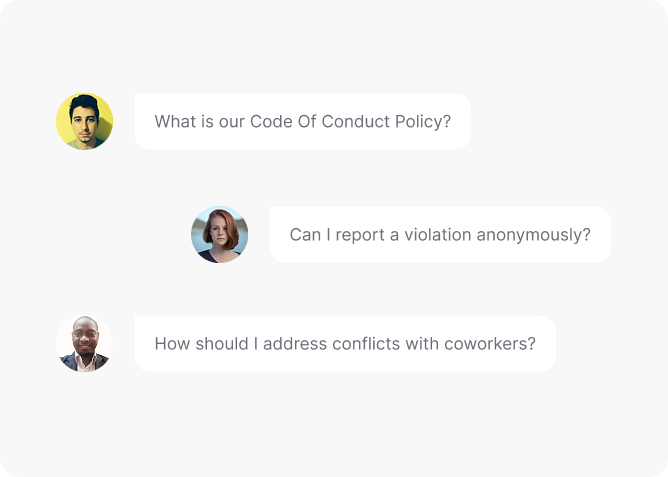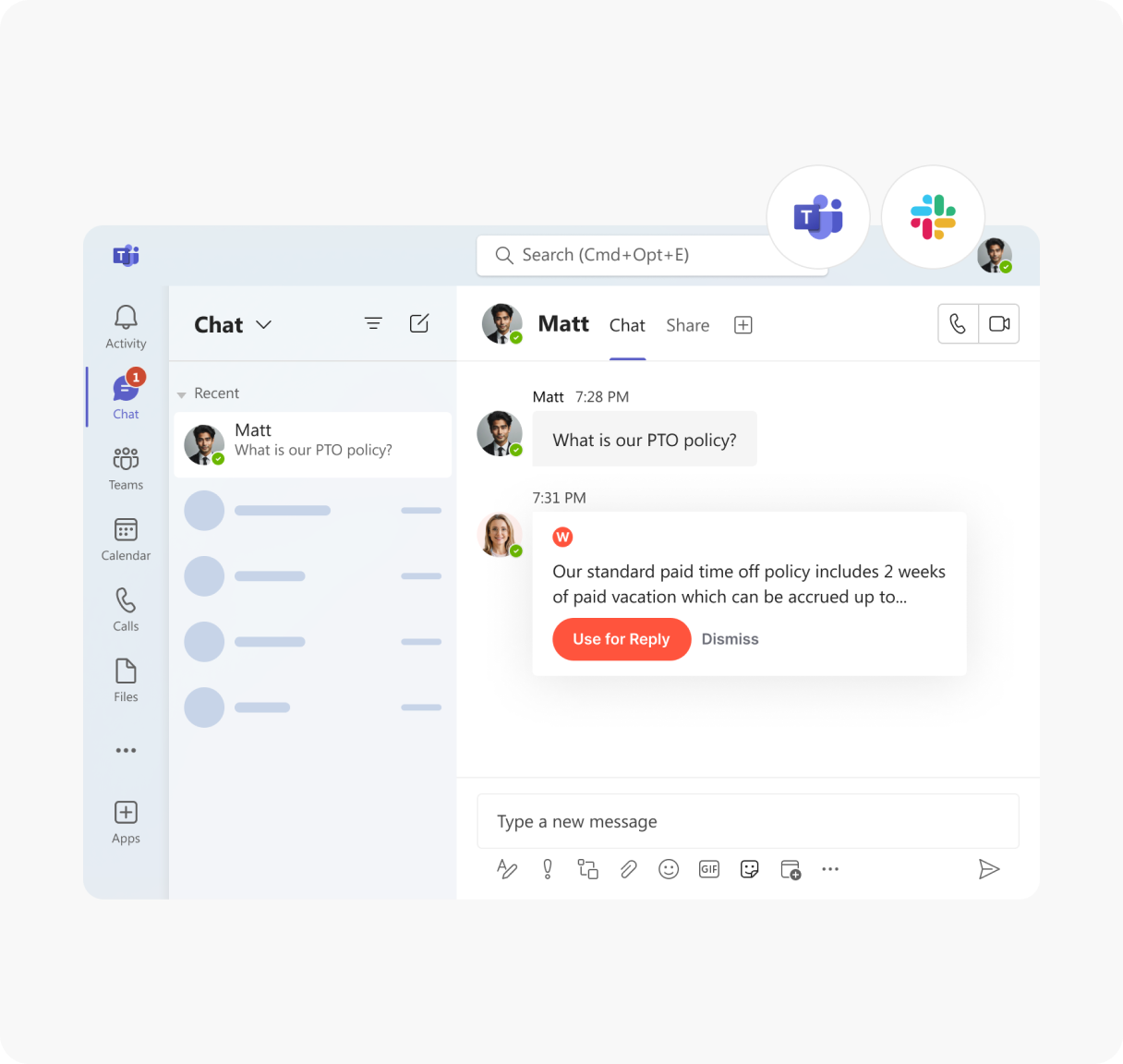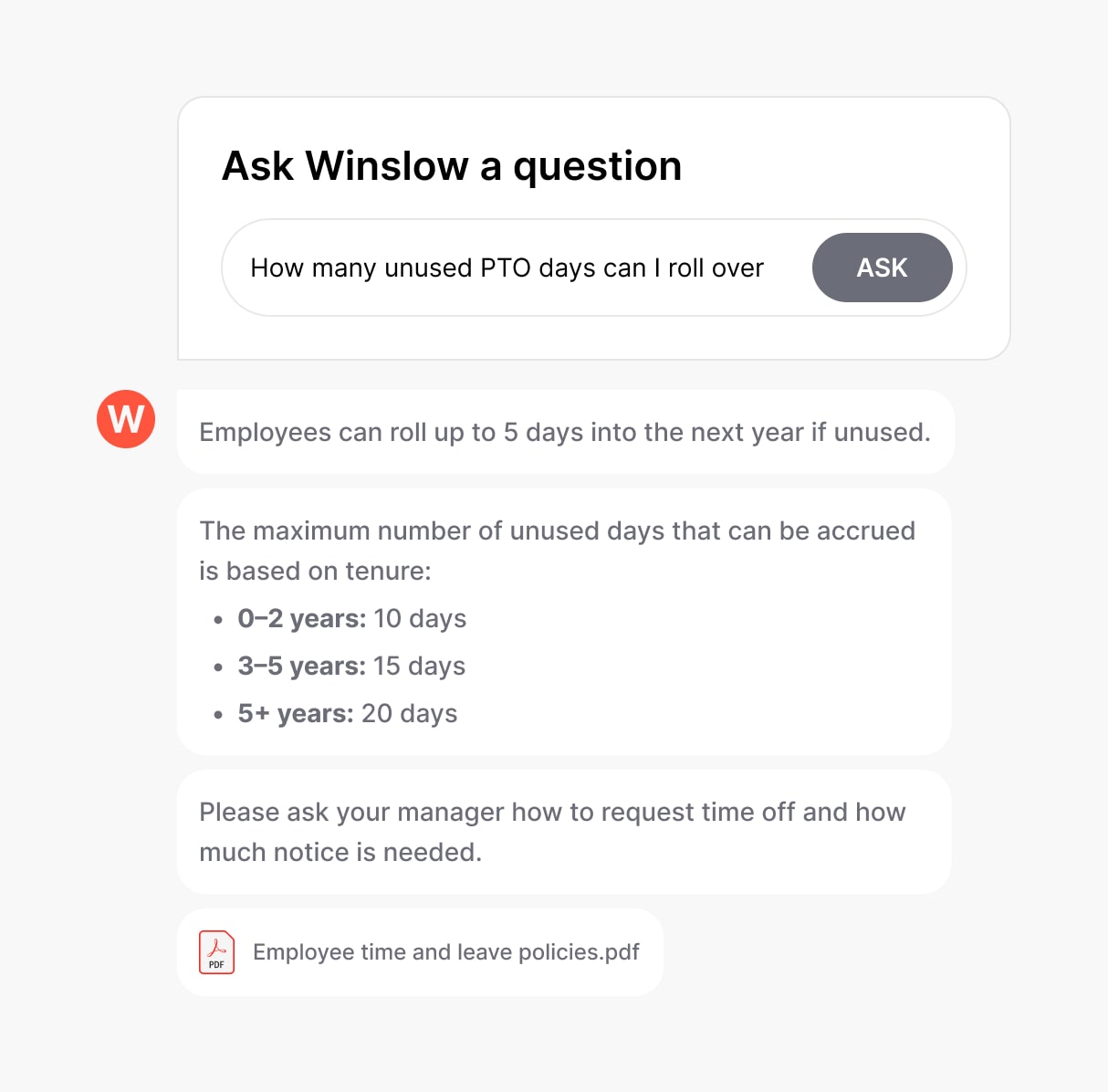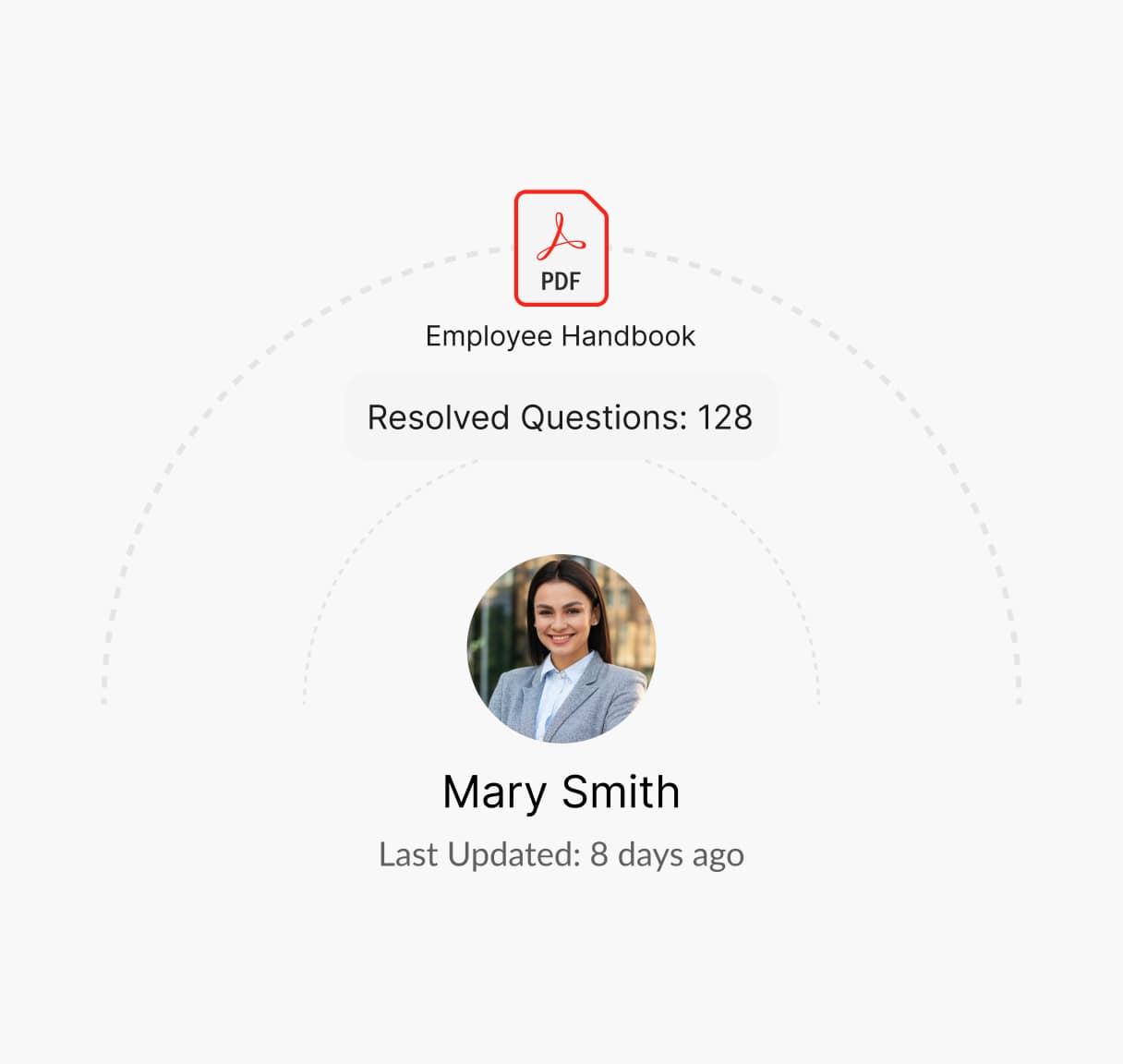Everything You Need to Know About Code Of Conduct Policy
A well-defined Code of Conduct Policy sets the ethical and behavioral standards for employees, fostering a professional and respectful work environment. It provides clear guidelines on company values, workplace behavior, and disciplinary actions, helping HR teams maintain a positive and compliant workplace.

What is a Code Of Conduct Policy?
A Code of Conduct Policy is an HR document that outlines the ethical standards, professional behavior, and workplace expectations for employees. It serves as a guideline for maintaining integrity, respect, and compliance with company values and legal regulations. Topics often include anti-discrimination, confidentiality, workplace interactions, and conflict resolution.
A strong code of conduct policy promotes a positive work environment, mitigates risks, and ensures that employees understand their responsibilities in upholding the organization’s ethical standards.
Guidelines for Creating a Code Of Conduct Policy
A strong code of conduct ensures a respectful, ethical, and productive workplace. Here are some guidelines to consider:
Define Core Company Values
Align the code of conduct with organizational mission and culture.
Set Expectations for Professional Behavior
Establish standards for communication, collaboration, and workplace etiquette.
Address Conflicts of Interest
Provide clear policies on ethical decision-making and avoiding biases.
Clarify Anti-Discrimination and Harassment Rules
Ensure employees understand zero-tolerance policies and reporting mechanisms.
Outline Consequences for Violations
Define disciplinary actions for breaches of conduct, from warnings to termination.
Ensure Accessibility and Acknowledgment
Make the policy easy to access and require employees to review and sign it.
What is Covered in a Code Of Conduct Policy?
An effective Code Of Conduct Policy should include the following:
Company Values and Ethics
Principles that define acceptable workplace behavior.
Respectful Workplace Guidelines
Rules on professionalism, language, and interpersonal relationships.
Harassment and Discrimination Policies
Prohibited behaviors and the process for reporting concerns.
Confidentiality and Data Protection
Guidelines on handling company and client information.
Use of Company Resources
Proper usage of email, internet, and office equipment.
Reporting and Enforcement Procedures
Steps for raising concerns and how HR handles violations.
Disciplinary Actions and Appeal Rights
Consequences for misconduct and employee rights in dispute resolution.
Need help creating a Code Of Conduct Policy?
How Winslow helps HR teams save time on responding to Code Of Conduct Policy?
Managing conduct-related inquiries can be time-consuming, but Winslow, your AI-powered HR assistant, simplifies the process:

Instant answers anytime
Winslow ensures your Code of Conduct Policy is always available on Slack, Teams, or email. Employees can instantly access guidelines on workplace behavior, ethical standards, conflict resolution, and disciplinary procedures—helping HR reinforce a culture of integrity and professionalism.
Personalized Support
Winslow provides instant answers to all HR questions, including those about your Code of Conduct Policy, ensuring clarity on workplace behavior, ethics, and compliance standards.


Analytics and Insights
Winslow tracks policy-related queries, helping HR teams identify trends and common concerns. This data enables organizations to refine their policy, improve reporting channels, and address recurring issues proactively.
Create a Culture of Accountability and Integrity with Winslow
A clear attendance policy supports productivity and accountability. With Winslow, you can simplify policy communication, reduce HR workload, and enhance the employee experience.
Frequently asked questions
Have further questions about Winslow, contact us at sales@usewinslow.com
What constitutes an excused vs. unexcused absence?
Excused absences include those due to illness, medical appointments, family emergencies, and approved leave (PTO, bereavement, jury duty). Unexcused absences occur when employees fail to notify their manager or do not meet policy requirements for leave approval.
How should employees report absences or tardiness?
Employees must notify their direct supervisor via email, phone, or an HR system at least [specified time] before their shift starts. For extended absences, they may need to provide documentation (e.g., a doctor’s note).
What actions should HR take when a violation occurs?
HR should conduct an impartial investigation, document findings, interview relevant parties, and apply disciplinary measures based on the severity of the violation, up to and including termination.
How should we handle conflicts of interest?
Employees must disclose potential conflicts of interest (e.g., outside business dealings, personal relationships with vendors) to HR for review and approval before engaging in related activities.
What role does confidentiality play in the code of conduct?
Employees must protect sensitive company and customer information, refrain from unauthorized disclosures, and adhere to data security protocols to prevent breaches or misuse of confidential data.
Additional resources
Device Usage Policy
Managing employee leave effectively is vital for maintaining workforce productivity and compliance....
Learn moreconfidentiality policy
Protecting sensitive information is crucial. A clear Confidentiality Policy outlines guidelines for...
Learn moreclaim reimbursement
Ensuring fair compensation for expenses is key. A clear Claim Reimbursement Policy...
Learn more




